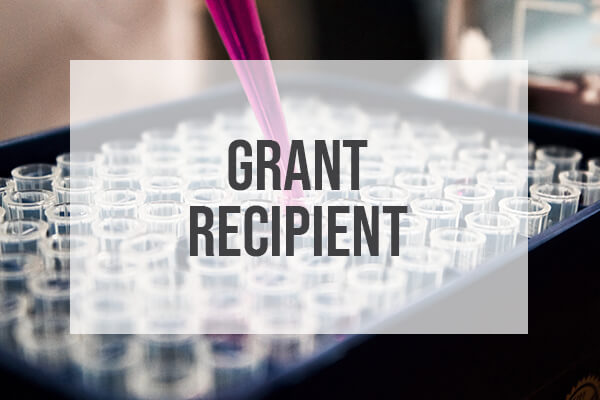Waikato Medical Research Foundation
Background
Iodine-induced thyrotoxicosis is a condition in which the thyroid gland becomes overactive following exposure to excessive iodine. Individuals with an underlying thyroid abnormality, such as a multinodular goitre, are thought to be at greater risk of developing iodine-induced thyrotoxicosis. Elderly individuals are also thought to be more susceptible to thyrotoxicosis and not only tolerate the effects of thyrotoxicosis less well, but the iodine-induced thyrotoxicosis in the elderly is more likely to go undiagnosed due to the non-specific nature of the symptoms.
Currently there is no New Zealand data available as to how common iodine-induced thyrotoxicosis is in our population and international data may not be directly comparable due to both genetic variation and differences in micronutrient availability, particularly iodine and selenium.
Aim
In this pilot study we aim to assess the incidence of iodine-induced thyrotoxicosis following the intravenous administration of iodinated contrast media used routinely in radiology, and to determine whether this is more common in older patients (>70 years) as compared to younger patients (<70 years).
Would you like to support the work of the Foundation?
Contact us for more information, or simply make a donation.




